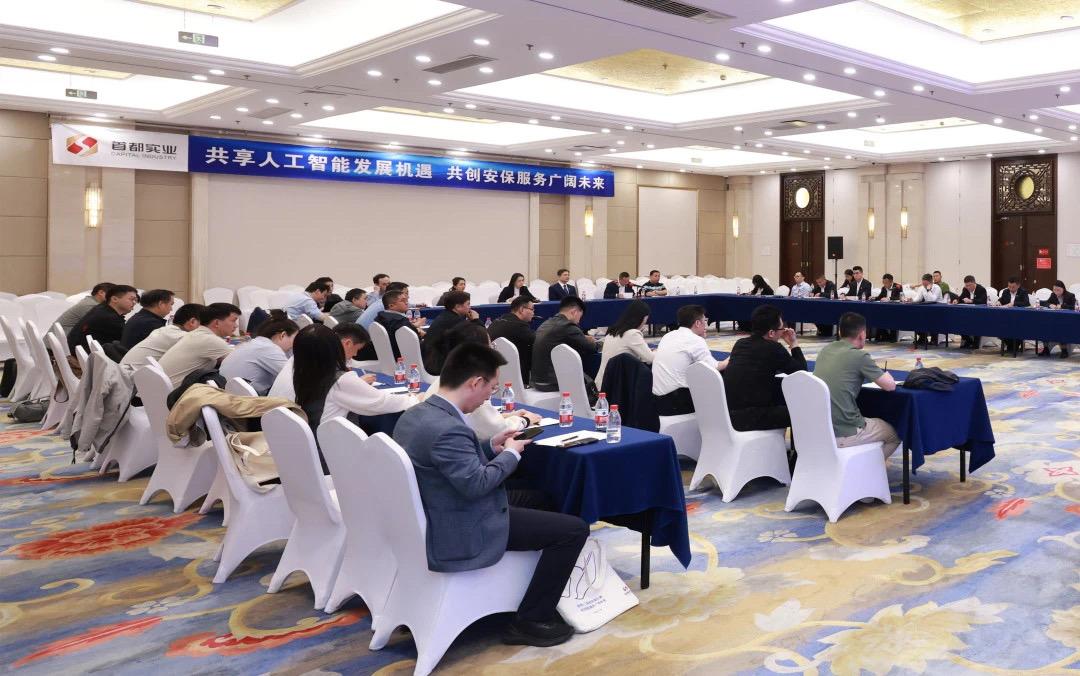China's Favorable Academic Environment
By?Ivan Sarafanov

Dr. Ivan Sarafanov. (COURTEST PHOTO)
Based on my experience working and studying in China, I can say with full confidence that China has built one of the most favorable academic environments for researchers. There are a lot of opportunities to conduct research in China's universities, and the main reason is that government funding has been abundant and investment in the higher education system has been strong and sustained.
According to a report published by The World Intellectual Property Organization (WIPO), China now files more patents than any country in the world. China's share of the world total patent application has almost doubled, from 24.4 percent in 2011 to 46.6 percent in 2021. China's innovation in sectors like next-generation telecom, AI, quantum computing and green energy cut a dashing figure.
Compared to Western countries, where scientists usually are not given financial rewards for publishing their research, the picture in China is completely different. Here, researchers benefit greatly from this kind of reward system, which in turn motivates scientists to publish more high-quality papers in top-ranked academic journals. Also, the publication rate of Chinese scientists in top international journals has improved significantly and steadily. China's overall Field-Weighted Citation Impact rose from 0.89 in 2016 to 1.12 in 2020, meaning that the quality of research published in China is 12 percent above the world average.
Chinese education industry is also spending a significant amount of money in R&D and this is a possible source of funding for academics. As foreign experts, we can also apply for university research grants and funds through the provincial government. If your research is highly relevant and in demand, getting support for it will not be a big problem. Another significant feature is that most Chinese universities have new facilities, including research labs, library, computing and classrooms. This is especially important for scientists who are engaged in research of natural sciences, and for them working here could be a perfect choice to conduct applied research, because labs are often equipped with the most modern tools and machines.
As an economist, I think the quality of the libraries and general availability of leading electronic databases and other resources in Chinese universities are incredible, and it opens up many opportunities for conducting fruitful scientific work and research activities.
As for the convenience of living in the country, universities and research institutions offer foreign experts packages that include healthcare, housing expenses, and provide necessary assistance for the education of dependent children, which undoubtedly eases the difficulties of staying in another country. With the advent of new technologies, the process of arranging life in China has become as simple as possible. Almost all key issues can be solved without leaving home from your smartphone.
Nonetheless, it is worth noting that even though today, the level of interaction and cooperation between foreign and Chinese scientific organizations is actively developing, it is still at a relatively low level. That's why creating networking opportunities to enable innovative partnerships and promote a bottom-up approach to China-foreign researchers' and research institutions' collaboration is crucial. This work should be supported by both parties.
Foreign academic institutions should encourage continuous engagement with Chinese partners to deepen and strengthen existing links, build trust and enable the mutual flow of research benefits. In contrast, Chinese institutions may create more international scientific research funds and projects on a pilot basis to support foreign scientists in the process of application and participation in national science and technology programs.
I am sure that with the acceleration of reforms in China, cooperation in various fields will steadily develop and reach new heights in the near future.
Dr. Ivan Sarafanov is a lecturer at the University of International Business and Economics, Beijing.







